Nine years after I gave up legal practice, I have stopped calling myself a lawyer. If you ask me now, I would say I am a photographer. I devoted my professional career to words and now I am trying to develop my visual sense. I don't do it professionally. I don't need to. I just love it and enjoy the challenge of trying to be good at it. It's a wonderful craft to open ones eyes to the world and to see it differently. Armed with a camera, I have noticed details of both my neighbourhood and the places I have travelled that I would otherwise have passed unseen. These days, I generally just won't go where my camera isn't welcome.
Visual literacy comes from "reading" lots of images – as many as possible by the Austens and Dickenses of the photographic world. In my morning feed of my favourite sites on the web, there are now as many photographers as writers. They seem to be mostly of the artsy-luvvie tendency. I remember a portraiture workshop with an eminent photographer (several of his portraits are in the National Portrait Gallery) who directed his model to adopt the expression of "someone nice, like a left-wing politician". He was not being provocative and seemed genuinely puzzled when I bridled. When it came to my turn to have a go, I asked her to give me her "most evil, grasping look" while making a clenched fist salute. I pointed out to my eminent tutor that there is nothing "nice" about the people who had taken most of my life's work by force to bribe their voters to keep them in parasitical idleness.
This low-octane, mostly lowbrow wingnuttery applies despite (or perhaps because) of the fact that photographers work in a hard-fought, competitive market. The ubiquity of camera phones means there are now few full-time newspaper photographers, for example. Television killed the photo magazines where the "greats" of photography mostly earned their crusts. The rise of Getty Images and the like has destroyed residual income from stock photography. More images are being generated than ever, but less money is being earned for making them. Their main problem is like that of actors, however. It's a fun, creative job that many people want to do but there are too few customers to pay more than a minority of them. If they were not so disdainful about economics, both professions would find the outcome of that predictable. Mostly they just see it as "wrong" however.
There are playful souls among them but they tend to be more than averagely earnest. There's an historical reason for that. In the early days of photography it was derided by fine artists as mere mechanical trickery. Painters and sculptors thought of photographers as the Church had once thought of them – as low class artisans unworthy of respect and to be cheated of their pay wherever possible. In consequence photographic pioneers longed to be seen as artists too and paid a lot of attention to "serious" subjects and "social" issues.
An art form needs to be well-established and respectable before its practitioners can have fun with it. The headspace of many photographers is very much in what I call "Magnum World" – a dark, miserable oppressed place plagued by manifold injustices, as portrayed by the members of the Magnum Photo Agency. If Earth feared invasion by hostile aliens, our best defence would be to broadcast electronic slideshows of Magnum photographs. The invaders would react like the Roman legions on reaching Scotland and advance no further, leaving us poor miserable Earthlings to our poverty-stricken suffering and oppression behind a galactic Hadrian's Wall.
In amateur photography, the comfortable pensions of teachers and university lecturers mean there are far too many of them in a leisure field that requires a certain amount of investment in kit – adding further layers of pseudo-intellectual pomposity, musty from a lifetime of never being challenged. I am a member of the Royal Photographic Society, but though I enjoy a few of its workshops from time to time, mostly find its members smug and insufferable. I hesitate every year before renewing. Its beautifully produced magazine, for example, unquestioningly peddles the conventional thinking of the BBC class. I have learned to appreciate the images while ignoring the priggish text around them.
You may think I would find this milieu uncomfortable, but I rather enjoy it. I am missing my photographic comrades during lockdown. Exchanges like the one I mention above are rare. I don't pick fights. I concentrate on their skills not their views, learn from them and move on. They are no worse than most of my rich, West London neighbours – and at least the photographers have a job description that makes sense and occasionally bring some beauty into the world.
Finally, in my last post I wrote of confirmation bias among journalists and bloggers. I have noticed the same thing among photographers. The camera doesn't lie, but photographers can and often do. Their choice of lens can make the same group of people look rashly hugger mugger or responsibly social-distanced, for example. Their choice depends on how they want you to see the world – and who doesn't want others to see the world as they do themselves? The photographer is sometimes consciously deceiving his viewer but more often is first lying to himself. Attending many photo workshops has proved to me repeatedly that photographers standing in the same location with similar equipment will produce very different images. That difference seems to depend just as much on their metaphorical point of view as their literal one.

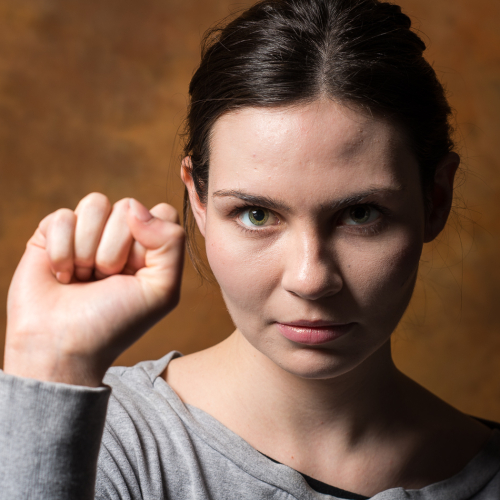

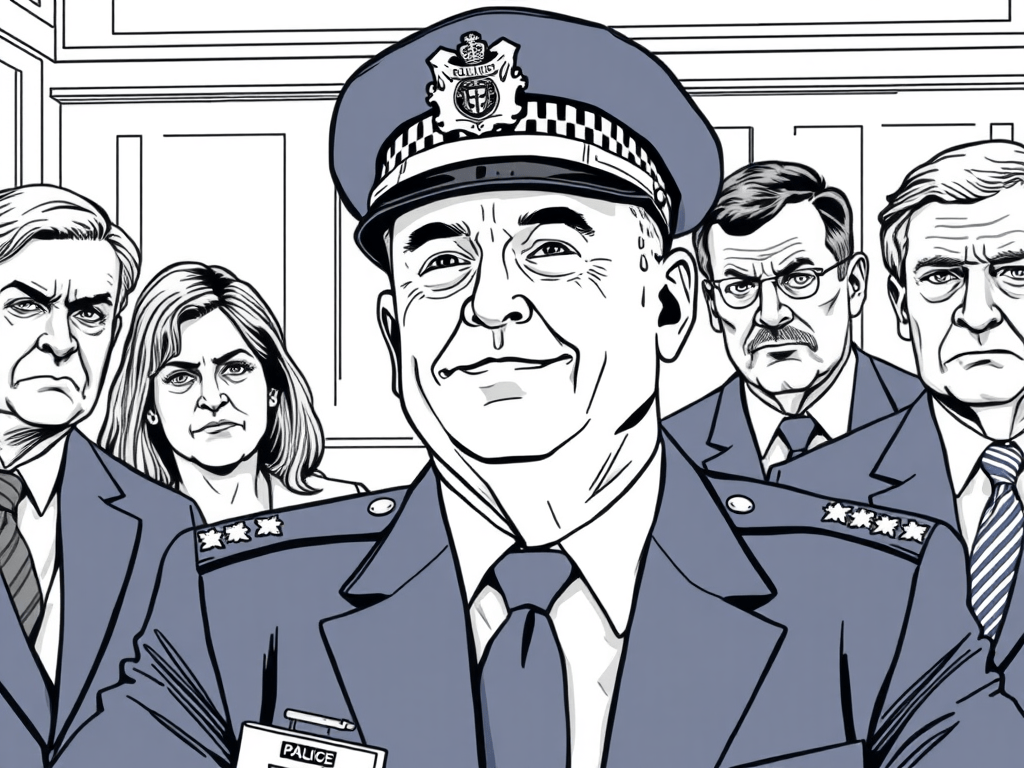
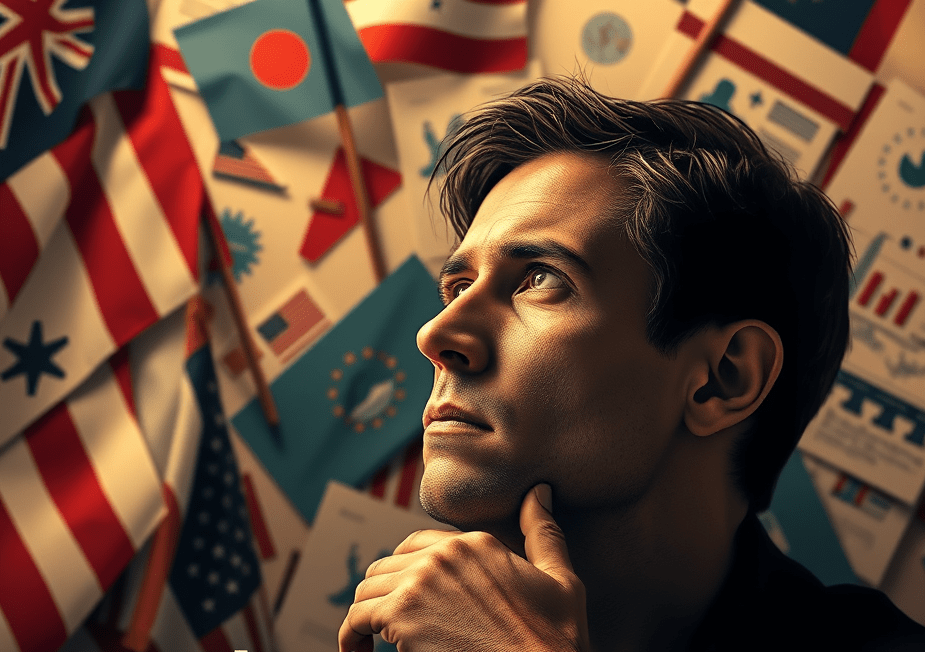
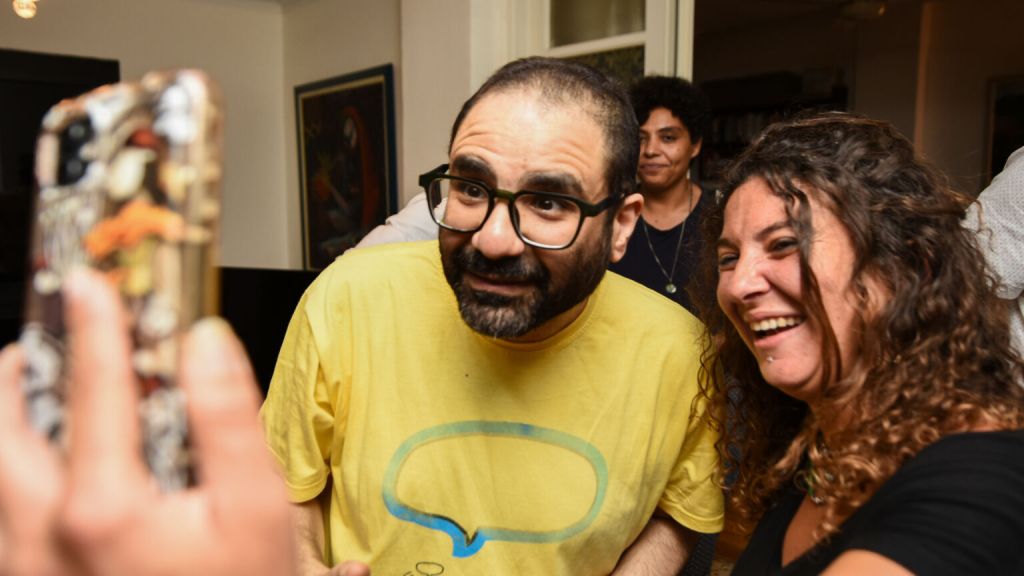
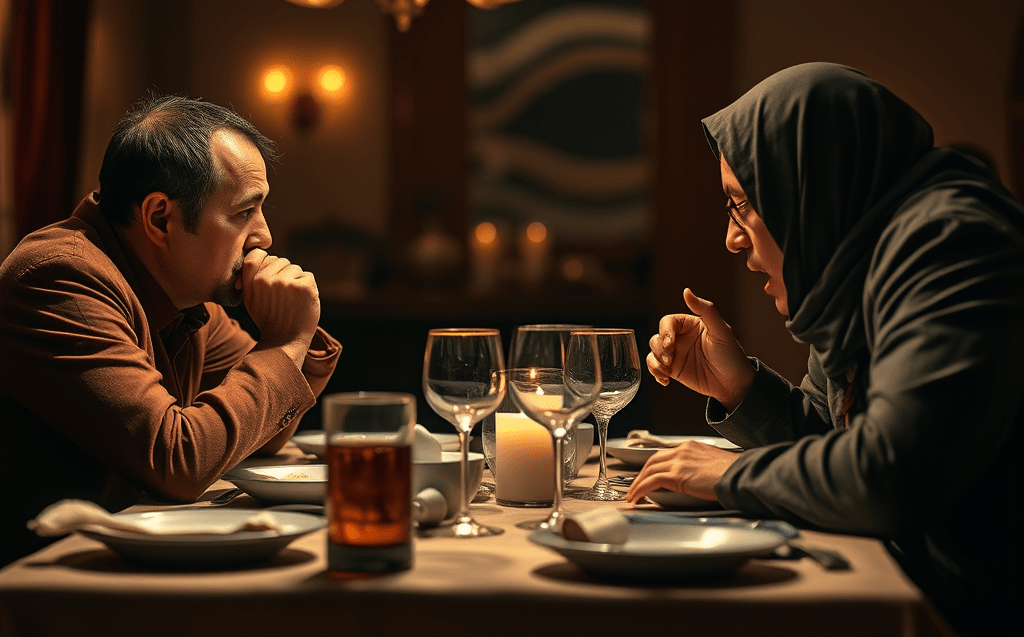


Leave a comment